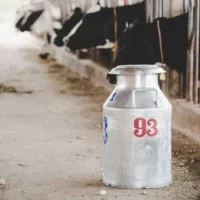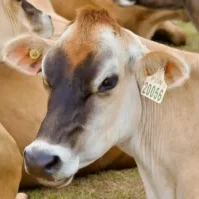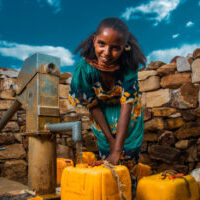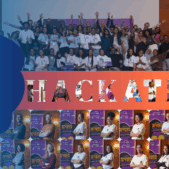
Living Wages Report
When it comes to setting minimum or living wages in Rwanda, there is limited information available for companies to do so. A recent report surveyed six companies from different sectors and found differences in how they manage their labor practices, salaries, and benefits. Some have established salary scales and structured benefits, while others are still searching for the right wages and benefits. Wages vary greatly across sectors, making it difficult for businesses to gauge their performance compared to others. While some employees are satisfied with their salaries and benefits, others feel that the compensation does not meet their daily needs.
Governments use minimum wages and related regulations to ensure fair compensation for employees. In Rwanda, the minimum wage, established at 100 Rwandan Francs per day in 1972 and 1973, is currently under evaluation by the Government of Rwanda.
Employee and employer perception on wages and good labor practices.
The Rwandan labor market faces challenges such as a shortage of required skills, and they have to put a lot of effort into training staff. The associated high costs of hiring skilled personnel pose additional hurdles. Some companies, despite expressing a desire to raise salaries and wages, encounter difficulties either in obtaining support for such initiatives or in determining realistic salary margins in the Rwandan context.
An employee’s capacity to meet basic needs with their salary depends on living standards, household size, and the cost of living. While a higher wage improves basic provision, it may not necessarily address additional needs.
Companies have to identify the cost of living for their employees and tweak their remunerations (and secondary benefits) to move towards paying a living wage.
Download this report to learn more about the practical tips for businesses to increase wages and improve their labor practices. Reach out to TRAIDE Rwanda if you need more information rwanda@traide.org.
“We want to set a level where people are happy, but still would like to make more. So, the bonus will really incentivize them, because otherwise they might do some other garments so that they can make an additional income.”
Employer in the fashion industry









